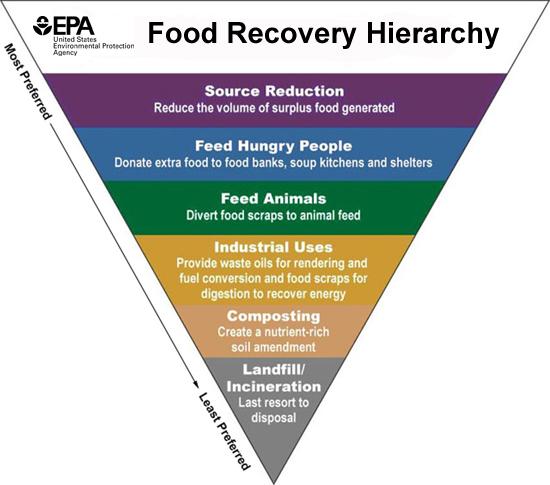Resource Center
Since 1967, family owned and operated EDCO has had a longstanding commitment to recycling innovations, reducing our overall impact on the environment. EDCO’s Sustainability Report highlights EDCO’s significant efforts to ensure a viable environment for our customers and employees. We are helping to improve the quality of life at work and within the communities we serve by reducing our carbon footprint, preserving our natural resources and protecting the earth.
2023 Sustainability Report
2022 Sustainability Report
2021 Sustainability Report
2020 Sustainability Report
2019 Sustainability Report
2018 Sustainability Report
2017 Sustainability Report
Diversion Messages
Are you wondering what day-to-day activities you can change or enhance to help better our planet? There are many ways you can help reduce the waste generated in your household or work, keep out (divert) recyclable items from the landfill and improve the environment in which we live! Every little effort counts and keeps us On the Road to Zero Waste!
Below are helpful tips and information to help you make sustainable choices that lead to waste reduction and diversion at home and work.
End Plastic Pollution
Help Stop Contamination
The Five Rs
Earth Day Video
CLICK HERE to view EDCO’s Earth Day video
Food Waste Prevention
CLICK HERE for tips on food waste diversion.
In the United States alone, a shockingly 40% of food is uneaten, wasted and thrown out. This results in an unfortunate misuse of resources needed to grow, process and transport food while wasting money and accelerating climate changes. We as consumers are the largest producers of food waste, believe it or not, exceeding the grocery stores and restaurants combined! So, the smallest changes we make add up and make a huge difference. Preventing food waste in the first place typically offers the most significant financial and environmental benefits. Below are some food waste prevention tips from Save The Food:
- Shop wisely: Plan your meals for the week in advance. Shop with a list. Stick to the list and avoid impulse buys.

- Proper portions: Don’t buy or serve more than you need.
- Love your leftovers: While you’re planning your meals, prepare for nights when you’re likely to go out to eat and when you might have leftovers from earlier meals. Get creative to give leftovers another life. They are the start of a casserole or soup the day after.
- Freeze it: Frozen food will keep longer. Almost anything can be frozen! But portion out, label and date your food so that it’s easy to serve later.
- Shop your kitchen before the store: Check the fridge, freezer, and pantry for items that need to get used up before you splurge on new things.
- Don’t fall for date labels: Food doesn’t immediately spoil as soon as the date on the package has passed. Sell-by, use-by, and best-by dates are generally manufacturers’ suggestions for when an item is likely to be at its peak quality.
- Spread the word: Engage friends, family, community, and businesses in food-saving practices. Share your favorite tips with your friends and family. Encourage your local restaurants and grocery stores to avoid excessive portions and package sizes, and tell them it is ok if they run out of an item at the end of the day (so that they can avoid over-purchasing). Teach kids to value food and not to waste it.